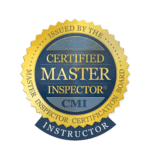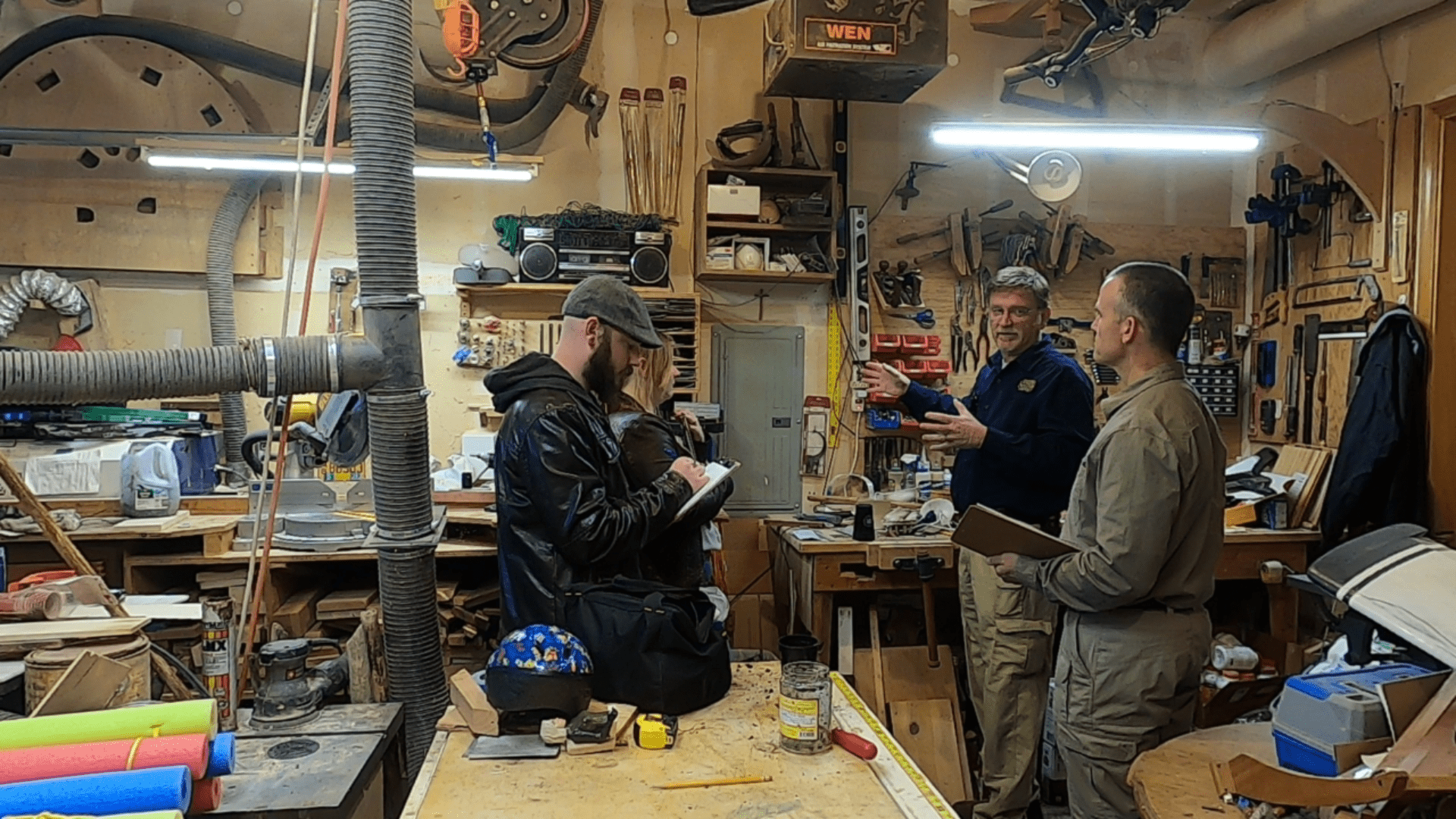Contractors vs. Home Inspectors
Why is there such a disconnect between home inspectors and contractors? One would think the relationship between the two disciplines would be one of cooperation and collaboration, right? It’s a question many of us have been asking for years and while the reason for the conflict may be readily apparent, the solution is not.
A number of times I’ve had contractors take my class, who, on day one, started their introduction with a comment like, ‘I could teach this class – probably better than you.’ I no longer try to change those folks’ minds because I know it’s an exercise in futility. Rather, I choose to congratulate them on their expertise and welcome them to class. With time and acceptance a positive environment is bridged around the gap.
The truth is, this person honestly believes what they are saying because they come from the trades and have been building homes for decades before coming to class. They have made mistakes, learned from them, and been schooled on code requirements by their supervisors and code inspectors throughout their long careers. This person feels as though they’ve earned the right to demonstrate their level of skill because the work they do has proven itself.
I would never try to take the wind from this person’s sails while they’re in my class because I feel the same way about my own career. I know as much about homes as the next guy and certainly enough to perform a proper home inspection (I also know enough to know I’ll never know EVERYTHING, but that’s a topic for another posting). Perhaps most importantly, I understand the contractor’s perspective and how it contrasts ours as inspectors.
When a contractor makes a mistake, the AHJ tells him to fix it or the work cannot continue. Jobs get delayed, money is lost, and perhaps jobs are lost, too. Like most of us, the contractor learns from it, vowing to not make the same mistake twice. He chooses to do the work in a way he knows the AHJ will approve, because the city inspector IS the authority and interpreter of code. The result is the contractor likely learns a lot of what he knows about code as it’s interpreted by the local AHJ. They are conditioned to think that if the city passed it, it’s been done up to code and the job can move forward.
The home inspector, however, has no such check and balance system. Furthermore, he is not inspecting a house for code violations, he’s inspecting the performance of the home and it’s systems, using code as a general guideline for commonly accepted minimum practices. The result is the stakes are much higher for a home inspector. While the self-employed inspector won’t lose her job over a mistake, it could cost her money out of pocket and damage her relationship with the agents, reducing revenue.
When contractors apply their standards to home inspectors, and vice versa, we get conflict and misunderstandings. The contractor recognizes that no one could know so much about a house as to be as effective as some home inspectors claim. In some ways, this is true, but it doesn’t delegitimize our profession. Home Inspectors recognize that code is often misinterpreted and things get overlooked on any construction sites, and our efforts help to find many of them. But, the mistakes and oversights don’t necessitate more enforcement or the elimination of contractors, either.
These two perspectives are where the conflict occurs. Contractors believe that home inspectors are attempting to do the same job as the AHJ, and home inspectors see so many things done incorrectly, they start developing a belief that most contractors suck at their jobs. So, how do we resolve this difference in opinion?
I’d love to get every contractor in the US into my classroom – like THAT’S going to happen! Here are a few things I’ve done to prepare myself better for inevitable conversations with contractors:
1: Know Your Code
We don’t inspect from the right vs. wrong perspective, but we do understand the purpose and intent of most residential codes. Don’t cite code on the inspection report, but be prepared to defend your assessment with code should the contractor call you up.
2: Send Him Your SOPs
When contractors started telling me I didn’t know how to do my job (they still do, by the way), I’d get their email address and send them my SOPs. I’d tell them to read them and call if they still feel I didn’t do my job. They won’t likely read them, in fact, I’d go out on a limb and say they never read them. The good news is, though, they don’t call back, either.
3: Stand Your Ground
Don’t let an angry contractor intimidate you. They’re mad because they have to go back and fix something for free. I always picture the crotchety old man at the end of the cartoon saying, “I’d have gotten away with it if it hadn’t been for those meddling home inspectors!” It takes the edge off and keeps my temper from flaring back at them.
If a contractor is being unreasonable over the phone, give him the opportunity to be reasonable, or tell him you’re hanging up. Simple. Just make sure you contact the agent and the client to let them know you had no choice because the contractor was being unprofessional by insulting your mother, etc.
I don’t know what it’s going to take to bring contractors and home inspectors together or if it can even happen. All I know is I’ll always take the high road first, allowing everyone the chance to discuss things like adults. When it gets out of hand, I hang up before I have the chance to stoop to that level.



